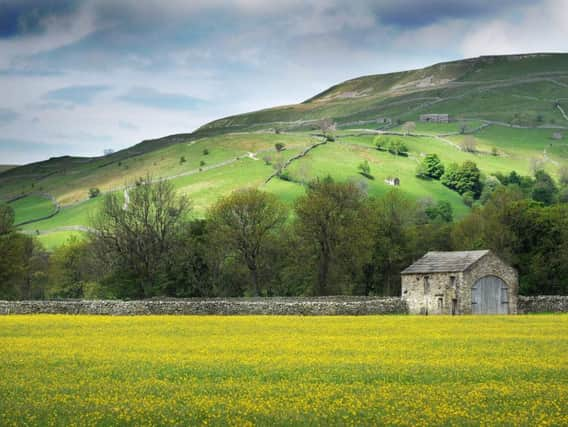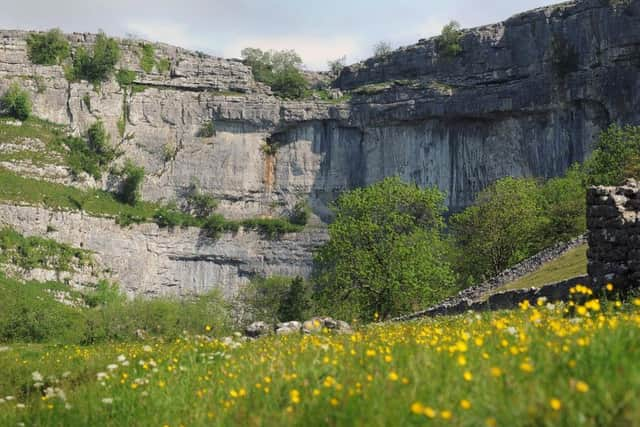Farming needs at least £3bn over next 10 years to aid wildlife recovery, conservationists warn


The money is vital to aid efforts to reverse declines of species such as lapwings, hares and pollinating insects and create and enhance wildflower meadows, peatland and woodlands, they said.
Farmers also need targeted support to protect soil as stores for carbon, ensure healthy natural systems, cut emissions by restoring wetlands and planting trees and hedges, as well as for producing food.
Advertisement
Hide AdAdvertisement
Hide AdFunding must be guaranteed for at least 10 years after domestic policy replaces current payment rules under the European Union’s Common Agricultural Policy (CAP), the RSPB, National Trust and Wildlife Trusts said.


Advertisement
Hide AdAdvertisement
Hide AdThe Government has said it will replace the existing subsidy regime, which mainly pays farmers based on how much land they have, with payments for the delivery of “public goods” such as wildlife habitats, carbon storage and flood prevention.
Patrick Begg, outdoors and natural resources director at the National Trust, which owns more than 150,000 hectares of farmland, said: “If the Government wants farmers to get on board with restoring nature it must provide the certainty and security of long-term funding, backed by first-class and first-hand advisory services.”
Ellie Brodie, policy manager at the Wildlife Trusts, said: “Nature is in big trouble.
“It’s crucial that farmers receive advice on how to help wildlife, as well as incentives to do the work required, but it needs to be paid for.”
Advertisement
Hide AdAdvertisement
Hide AdThe Country Land and Business Association, which represents farmers and landowners, said an extra £200m a year was needed during a post-Brexit transition period on top of the current £3.2bn budget for the Government to meet its 25-year environment plan and boost farm productivity.
A Defra spokeswoman said that after Brexit an “ambitious” new payments model would help farmers to become more profitable while sustaining the environment and tackling climate change.
She added that the Government had pledged to maintain the same cash total in funds for farm support until the end of this Parliament and had guaranteed funding for projects that are approved by the end of 2020 as part of the CAP.